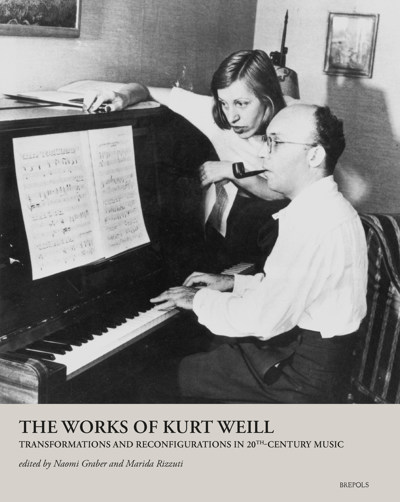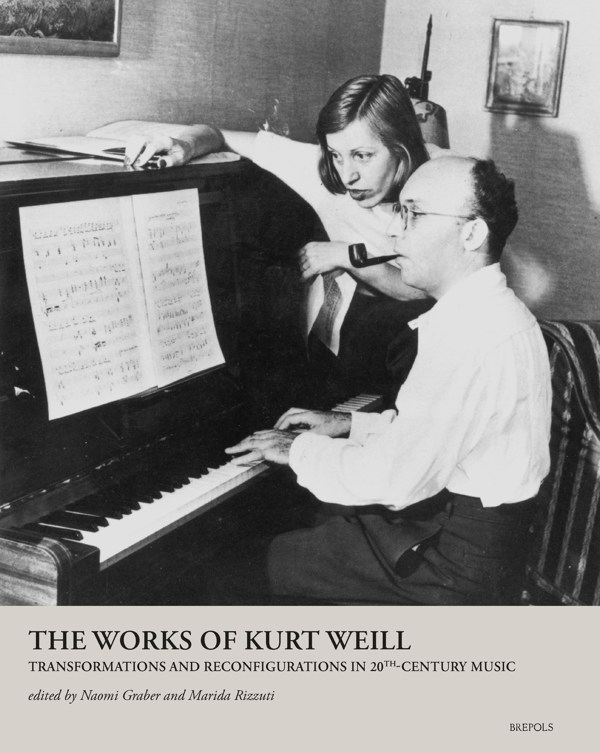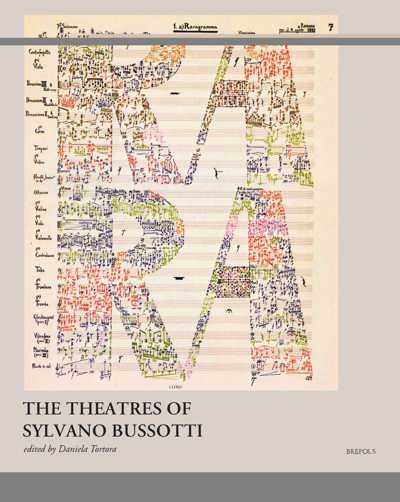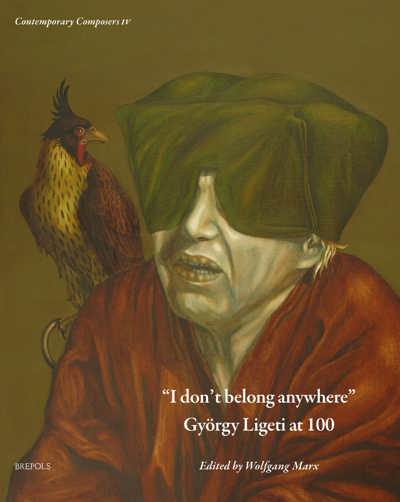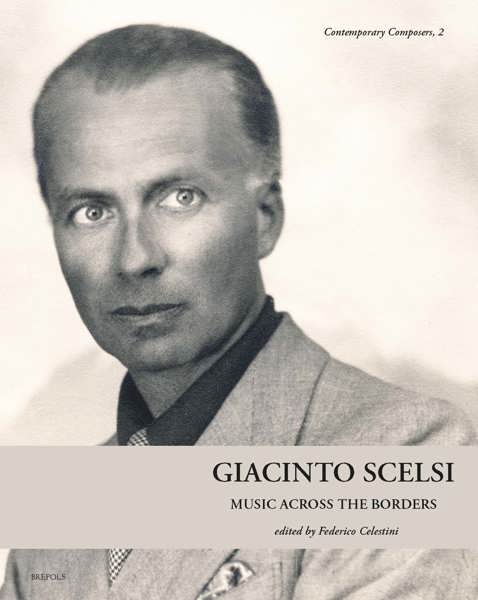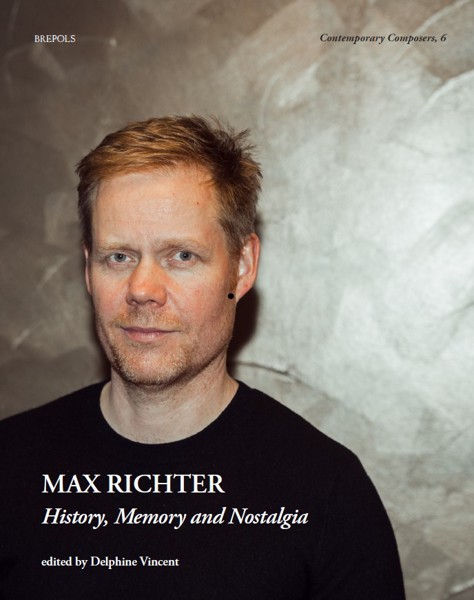
The Works of Kurt Weill
Transformations and Reconfigurations in 20th-Century Music
Naomi Graber, Marida Rizzuti (eds)
- Pages: 278 p.
- Size:220 x 280 mm
- Illustrations:11 b/w, 7 tables b/w., 21 musical examples
- Language(s):English
- Publication Year:2023
- € 115,00 EXCL. VAT RETAIL PRICE
- ISBN: 978-2-503-60674-3
- Hardback
- Available
This book aims to explore Kurt Weill’s career from new angles.
Dr. Naomi Graber is an Associate Professor at the University of Georgia, where she researches the film and theatre of the United States in the 1930s and 1940s. She is the author of «Kurt Weill’s America» (Oxford 2021) and several articles on Weill’s U.S. career. She is also co-editor of «Trax on the Trail», a website that tracks and analyzes music in U.S. political campaigns.
Dr. Marida Rizzuti is a Research Fellow and Adjunct Professor at the Department of Humanistic Studies at the University of Turin. She coordinates the study group Galaxy Musical (GalMus) within the Italian Society of Musicology. Her areas of study are Musical and Film Musical, Exile studies, and Film Music History. She is the author of the volumes «I musical di Kurt Weill. Prospettive, generi e tradizioni» (2006), «Kurt Weill e Frederick Loewe. Pigmalione fra la 42ma e il Covent Garden» (2015), «Molly Picon e gli artisti Yiddish born in USA» (2021).
«The Works of Kurt Weill: Transformations and Reconfigurations in 20th-Century Music» brings together an international group of scholars to explore one of the most important and intriguing composers of the twentieth century. The collection approaches Kurt Weill’s career from new angles. Shedding new light on perennial issues such as the apparent split between his German and US careers, while pushing into new scholarly territory, including Weill’s engagement with technology and film, and his lasting legacy on Broadway and beyond. The volume consists of two parts: the first, ‘Transformations’, explores the composer’s poetics, dramaturgy and expressive techniques through a number of case studies spanning Weill’s entire output (theater, film, radio); in the second, ‘Reconfigurations’, the composer’s transnational career and reception are investigated through his compositional, poetic, and aesthetic choices.
Transformations
STEPHEN HINTON, Weill’s Cinematic Imagination: Reality and Fantasy
FRANCESCO FINOCCHIARO, Kurt Weill and the Principle of ‘Concertante Music’
WILLIAM EVERETT, Kurt Weill and the American Operetta Tradition: The Firebrand of Florence and Where Do We Go from Here?
NAOMI GRABER, «Steel Veins»: Railroads on Parade and the Industrial Folk
MARIDA RIZZUTI, Shared Authorship and Compositional Process in 1940s Hollywook: One Touch of Venus by Kurt Weill and Ann Ronell
ARIANNE JOHNSON QUINN, Musical Language, Censorship, and Theatrical Identity in Kurt Weill’s London Works (1930-1935)
TIM CARTER, Kurt Weill ‘Song of the Free’ (1942): A «United Nations Anthem»?
Reconfigurations
NILS GROSCH, How many Weills? Negotiating a Musician’s Identity
LEO IZZO, Changes in Kurt Weill’s Music: Cross Cultural Reception between Jazz and Avant-garde
MISAKO OHTA, Die Dreigroschenoper in Japan: The ‘Threepenny Fever’ in Its Early Days
TOBIAS FASSHAUER, «Hard to Distinguish from Cole Porter»: On the Deeper Truth of an Invective by Adorno
REBECCA SCHMID, Street Scenes
KIM KOWALKE, Whats Makes Weill Weill?
